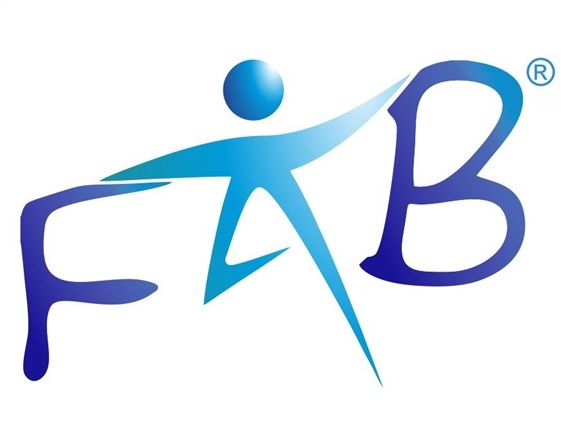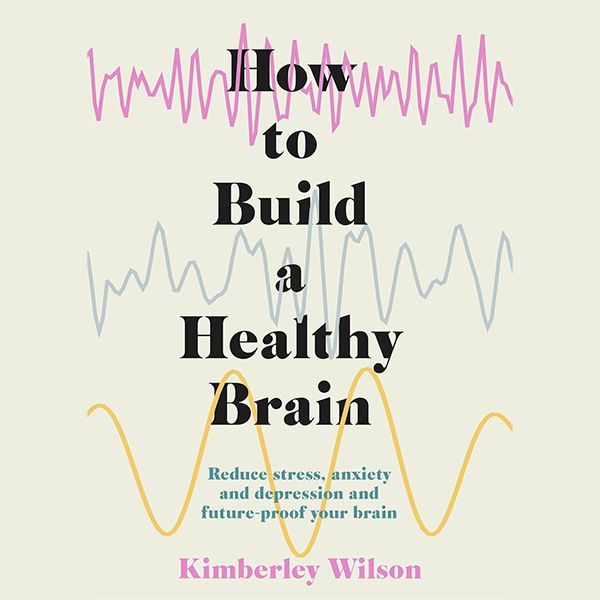Personal
FAB Research
This section is tailored for individuals seeking to understand how diet impacts personal health, mood, and behaviour. Whether you're looking to enhance your mental well-being or manage specific behaviours through nutrition, here you'll find practical, easy-to-understand guidance that can be incorporated into daily life.
Personal

Subscribe to the FAB Newsletter
Empowering Individuals, Professionals, and Researchers
Subscribe to the FAB Newsletter for the latest research and insights in nutrition and brain health. Our tailored content supports parents and carers with practical advice, aids health and education professionals in their practice, and informs students and researchers about current studies and developments.
Stay ahead with exclusive content, promotions, and event updates—whether you're nurturing a family, shaping minds, or exploring science.
Subscribe now and join a network committed to advancing nutrition and behavioural health knowledge.









